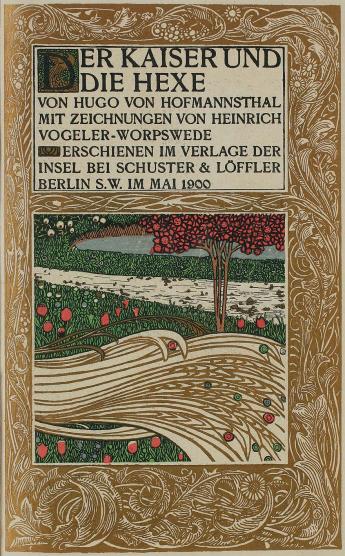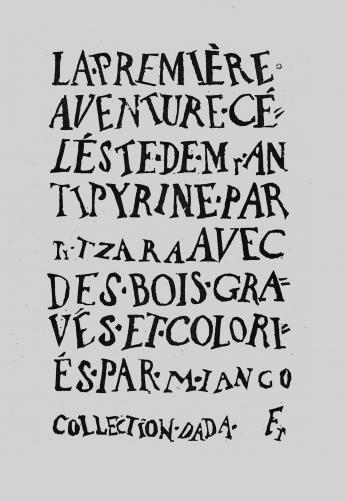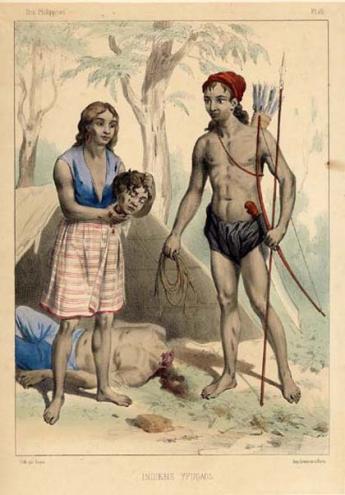Antiquarian Booksellers' Association of America Between the Covers Rare Books, Inc.
Rare Books as Investments

By Tom Congalton
Wherein Your Correspondent Displays a Certain Magisterial Ignorance of the Economics of the Rare Book Trade
One of the major weapons in the arsenal of a resourceful bookseller is the ability to reconcile seeming paradoxes. Probably the most common of these we face is the dilemma of discussing the topic of rare books considered as investments. Barely is an antiquarian bookseller whelped before he or she is taught the cardinal rule of bookselling: Thou shalt not promote rare books as investments. The Antiquarian Booksellers Association (or ABA) even codifies this as Article 13 in their Code of Good Practice, and I quote from their website:
"Members must not promote antiquarian and rare books, or allied materials, as investment vehicles in themselves, or as part of investment schemes."
Presumably there are very good reasons for this prohibition, apparently prompted by one or more incidents now only dimly recalled in bookseller lore. Depending on how one reads the rest of the code, this practice is punishable by death, and/or by a very severe scolding, or in particularly heinous cases, as a term as an officer in that organization.
I know that as a practical matter, the International League of Antiquarian Booksellers (or ILAB) also frowns on the practice, although in a cursory search of the rules I did not find it so codified, this despite the fact that I am on the committee that oversees ILAB, and should presumably be expected to know such things. But then, I never was much of a detail man.
All of this righteous prohibiting is all well and good, but it should come as no surprise what the first question a dealer is confronted with when a collector is contemplating the purchase of an expensive antiquarian book:
"Do you think this book is a good investment?"
And what after all would be a more natural question? A collector preparing to invest (oops, don't tell the ABA that we've invoked the "I" word here) a substantial sum of currency in a small parcel of paper, glue, cardboard, and if they are lucky, a little bit of leather, might naturally expect such reassurances. Advising a collector, as most of us are wont to do, that one should "as long as you collect the books that you love, you'll never be disappointed" starts to ring a little hollow in this brave new world of binary pricing (where prices are altered by the addition of ones and zeroes) in direct proportion to the number of naughts assigned to the price.
So what is a bookseller to do? Sly grins, sagacious nods, officious obfuscation, and the occasional knowing wink seem to be the most popular approaches, and I think I've probably employed them all at one time or another, but none are as satisfying as suggesting what the rate of compound interest might be on the value of their contemplated purchase.
Somewhere is bound to exist some erudite and definitive study and comparison of the rare book as investment vehicle, I just don't know where it is. I know that Allen and Pat Ahearn did publish in their book Book Collecting 2000: A Comprehensive Guide (New York: Putnam’s, 2000) an interesting comparison study of the prices of certain recognized rare book high spots that seem to bear out that collectible books are or at least have historically been a reasonably good investment. However, while the study probably accurately identifies some broad general trends, it doesn't dwell unduly on the problems of the illiquidity of books.
I personally prefer the anecdotal approach. I recently bought a very large library of literary first editions which was compiled from the late 1950s up until the collectors death last year. However, the collector seemed most active between 1965 and 1985, and the prices that he paid for good books was interesting, if not particularly enlightening. A copy of The Great Gatsby that he had purchased in the 1960s for $65, was sold by us at the Los Angeles Book Fair for a six figure sum to another dealer, who in turn also sold it at the fair. I do not know the details of this second transaction, but can only assume that the book was re-sold for more than what I charged, and can thus assume that it was a good investment for the dealer who purchased it from me.
A curious coincidence in pricing these books was how often one could price the books ten times, or a hundred times, or in a few extraordinary cases, near a thousand times what the collector, who was an obsessive hoarder of receipts (and also an obsessive hoarder of his correspondence with booksellers - mostly responses to his complaints that they had charged him several cents too much for postage) had originally paid. If I found a volume for which he had paid $7.50, it was very likely that I would end up pricing it either $75 or $750.
In the case of a beautiful copy of Jack Kerouac's On the Road, which I eventually priced $15,000, and for which the collector paid $15.10, I was almost tempted to raise it to $15,100, just to carry on the general theme. Of course, what if he had invested that $15.10 into, as one of our marginally literate American politicians refers to as, "The Google," or whatever the business equivalent was at the time? I haven't a clue. There are exceptions, but most booksellers that achieve success do so despite their sense of business acumen, and not because of it.
It was interesting for me to note the exceptions to this phenomenon: in a few cases the relatively high prices that the collector had paid for relatively common uncorrected proofs, which have appreciated very little, or in a few cases not at all. Additionally publisher's limited editions that he purchased in the 1970s seemed not particularly to have appreciated very much in the ensuing three decades: perhaps as little as 150% to 200%.
Over the years I remember discussions with one business man who had proposed purchasing rare books and selling futures in them, and many more discussions with various collectors who thought it would be a good idea to develop a portfolio of rare books with quick liquidity in mind. I personally know some collectors who have made astute purchases and consequently turned those purchases into tidy profits, but most do not do so without substantial personal expertise, patience, good advice, and maybe most importantly luck. I think this sort of success is akin to success in most other fields of endeavor: predicated more than one might imagine on plain and simple longevity. If you bought your books long enough ago, and aren't a total slathering simpleton, your books will probably have achieved a reasonable appreciation in value, but how much so is largely dependant on a number of at least partially unquantifiable variables.
At any rate, here finally is my long awaited investment advice: I think probably the only thing worse than having your rare bookseller manage your assets portfolio, is to have your investment broker choose your rare books. One might want to govern oneself accordingly. After all, as long as you buy the books that you love...
This article first appeared in the April/May 2008 issue of Rare Book Review, and it now available on www.betweenthecovers.com. Thanks to Tom Congalton for the permission to publish it on www.ilab.org, too.



